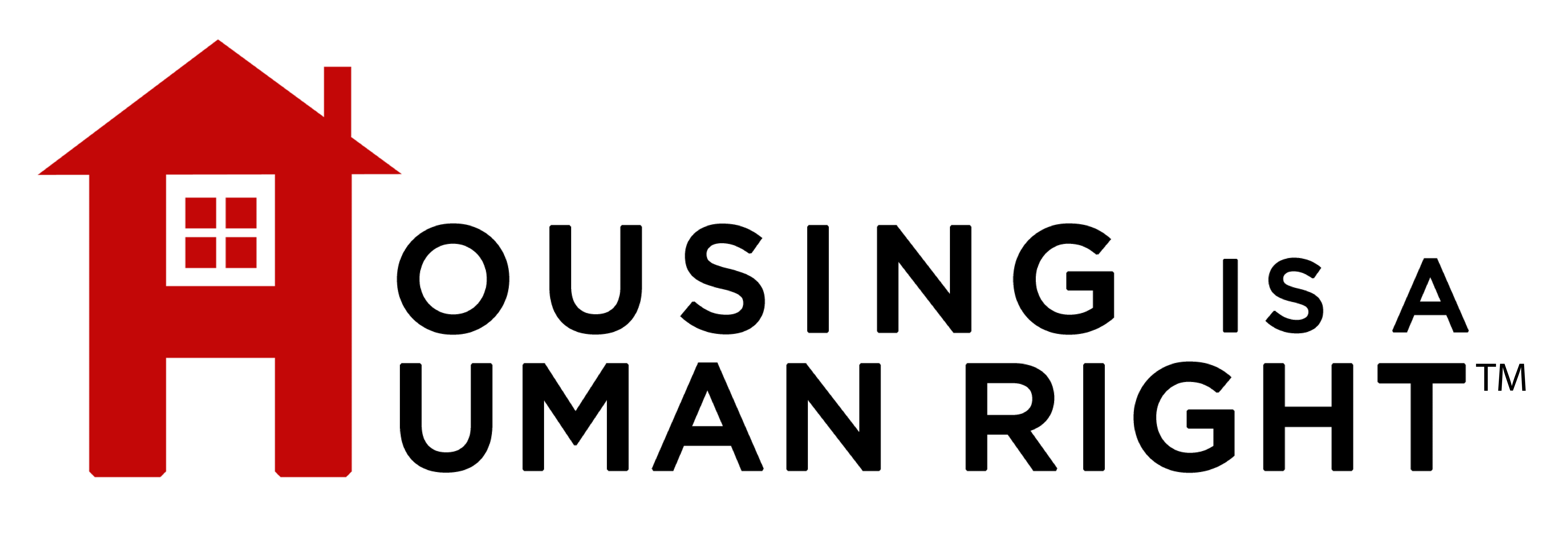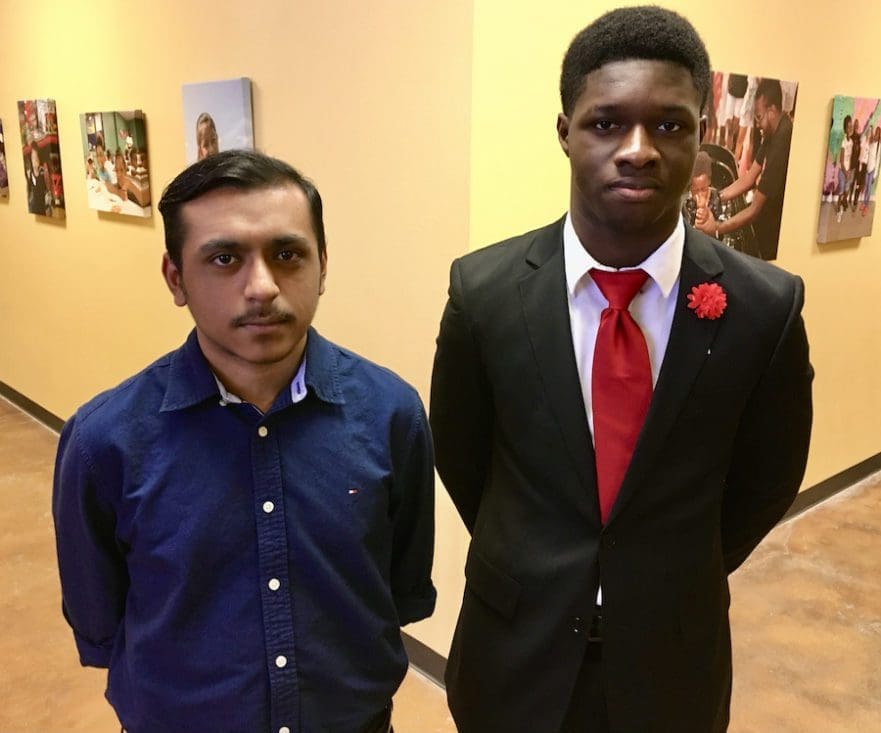Over the years, I’ve traveled to numerous cities to talk with activists and residents who battle the devastating impacts of gentrification. After a few of those trips, I noticed that no matter where people lived they all essentially fought the same thing: the runaway greed and predatory tactics of the real estate industry, which were tearing apart middle- and working-class communities, especially those of color. When I went to Dallas a few days ago, it was no different.
AIDS Healthcare Foundation, the parent organization of Housing Is A Human Right, has an affinity group called Black Leadership AIDS Crisis Coalition. It works on social justice issues and elevating the education and awareness of sexual health and wellness in the Black community. For AHF, BLACC, and Housing Is A Human Right, gentrification is both a social justice and public health issue – a person’s health is negatively impacted without stable, affordable housing. So through a partnership with Young Movie Makers of America, BLAAC recently took aim at gentrification, which fuels more evictions, higher rents, and more homelessness – and has been increasingly slamming Black communities throughout the country.
This past weekend, inside a packed auditorium at Youth World in Dallas, BLAAC screened a short documentary. It was made by local high school students with the help of Young Movie Makers of America and sponsored by BLAAC. The documentary told the disturbing story of gentrification in Oak Cliff, a historically Black neighborhood in Dallas. Before the screening, I talked with people who helped make the powerful film.
Moon McMillan, a young Black woman from Compton, California, founded YMA when she was 16 years old. She’s now twenty-three. We talked inside the auditorium before the crowd came in. She created YMA as a way to give young people a voice through filmmaking.
“I wanted them to be able to tell their stories,” McMillan told me, “and be creative. If our stories aren’t told by us, they aren’t told correctly.”
She added, “And you’re able to connect with people through filmmaking.”
YMA had worked with AIDS Healthcare Foundation’s housing provider division, Healthy Housing Foundation, a few years ago to tell the stories of unhoused youth. BLACC then asked YMA to work with high school students in Dallas, where AIDS Healthcare Foundation provides HIV/AIDS services.
“We decided to do a film on gentrification because it’s a huge issue in Oak Cliff,” said McMillan. “It’s pushing people out, especially older people. They created the community, but they can no longer stay because property taxes are going up.”
That’s happened because of massive real estate speculation in the neighborhood, with developers buying homes and turning them into luxury housing. Property taxes then skyrocket, which older community members on fixed incomes can’t afford. They’re forced to sell, often at below-market prices, and move out of Oak Cliff.
“Gentrification is an issue the students are aware of,” said McMillan, “and want to speak about.”
Two of those young filmmakers were seventeen-year-olds Luis Fuentes and Russell Imeokparia (pictured above, Fuentes on the left). Fuentes believed the documentary was a critical tool to inform the public about gentrification in Dallas.
“This film is about identifying a problem and explaining all its issues,” he told me. “In Dallas, and in Oak Cliff, gentrification is a huge problem. You see people getting pushed out. It’s a problem all over the place.”
But, Russell Imeokparia explained, not everyone knows gentrification is an issue, which causes even more problems.
“If they don’t know it’s going on,” he told me, “there’s no way to fix it, and the problem will get worse. People need to be educated about the problem and then start taking actions.”
More than 200 people attended the screening. The film was moving and impactful and, in its own way, made the case that gentrification is not a good thing – real estate speculators are making huge profits at the expense of middle- and working-class people, whose lives are suddenly turned upside down. For the student filmmakers, the documentary was also a call to action.
“I’d like to get people to be inspired to speak out in any way they can,” Fuentes told me. “It’s really important. If you don’t say anything, you’ll keep getting pushed around.”

